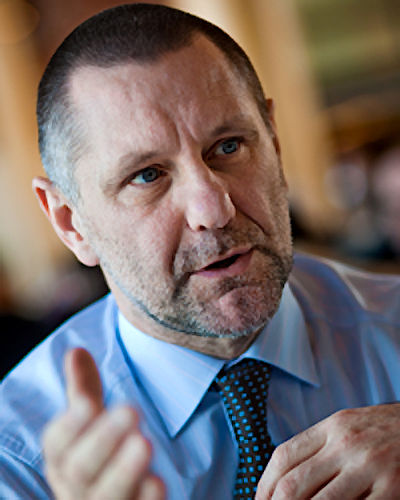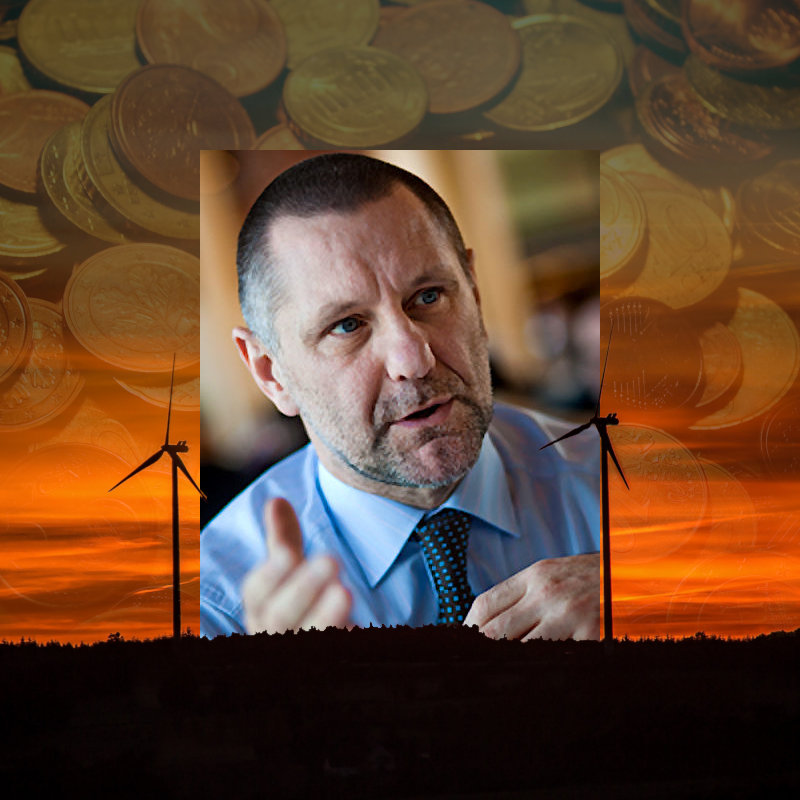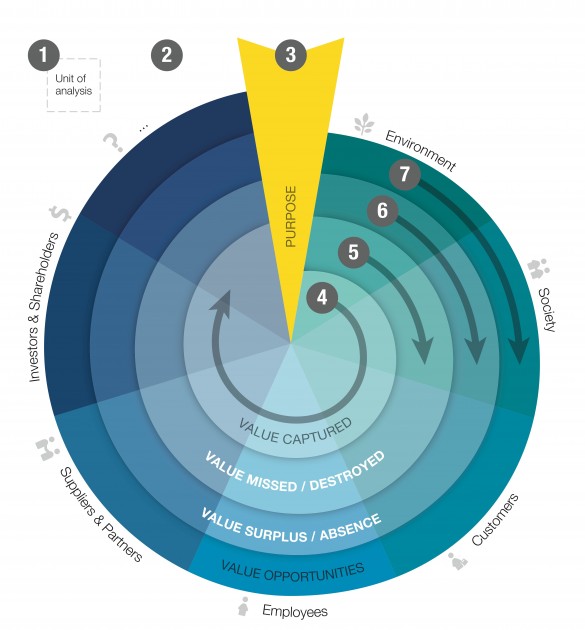Professor Steve Evans is Director of Research in Industrial Sustainability at the Centre for Industrial Sustainability, Institute for Manufacturing, Department of Engineering, University of Cambridge.
Steve spent 12 years in industry, rising to become Engineering Systems Manager at Martin-Baker Engineering, the world-leading manufacturer of ejection seats. His industrial experience led to an emphasis on improving engineering performance and provided an excellent grounding for tackling complex, real-life problems.
He leads research that seeks to deliver knowledge concerning sustainable change at scale, including programmes in sustainable business model innovation, system transformation, the limits of efficiency and sustainable policy making in developing countries. He spent 15 years in industry and has over 30 years of academic experience which includes working collaboratively around the globe with leading companies and governments. In 2019, Steve was recognised by his peers for academic excellence by his election as Member of Academia Europaea. He has been Specialist Adviser to the House of Lords and is a serial clean-tech start-up founder.
Steve is actively involved in IfM Engage’s sustainability consultancy activities with industry and governments, and leads the IfM’s Sustainability Association activities.
Related posts
Industrial sustainability – an interview with Professor Steve Evans
“If you’re in R&D management and you’re ignoring sustainability, you are limiting your future job prospects,” says Steve Evans, Centre for Industrial Sustainability. He explains the importance of the energy transition to enabling sustainability and the role of value as tool for determining how to create change for the better.
What does failed value mean in the world that’s interested in sustainability?
New business models are key to sustainability, but many of the traditional tools fail to provide a solution. Our value mapping exercise unlocked the intellectual logic. What we found was designers didn’t need better design tools, they needed tools to understand failed value, and that’s all they needed.




